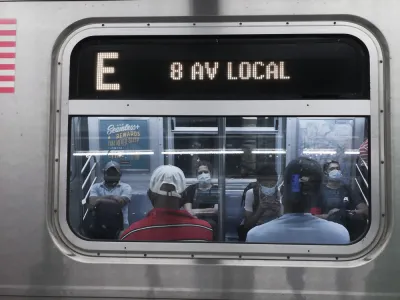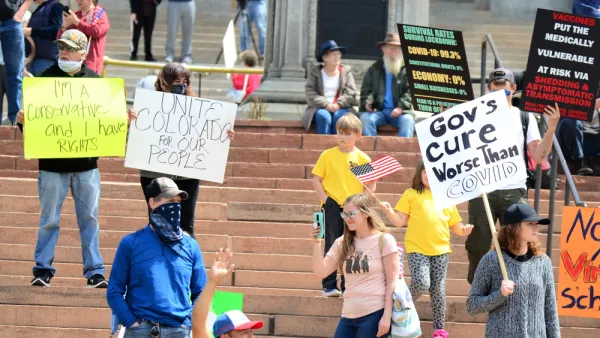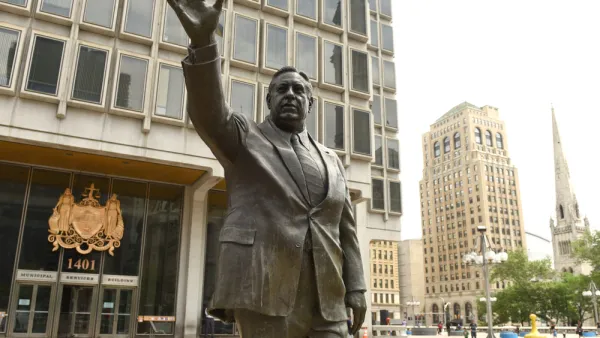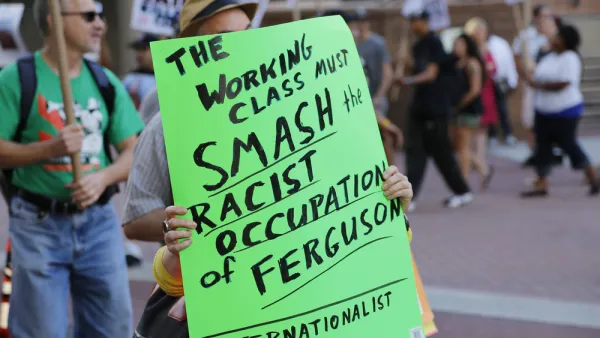Add COVID-19 to the list of long-term consequences of the racist and discriminatory regulatory and lending practices of the 20th century.

A report published last week by the National Community Reinvestment Coalition finds that formerly redlined neighborhoods are at greater risk for COVID-19.
According to the "Redlining and Neighborhood Health" report, formerly redlined neighborhoods "suffer not only from reduced wealth and greater poverty, but from lower life expectancy and higher incidence of chronic diseases that are risk factors for poor outcomes from COVID-19," according to the website that shares the new study.
Jared Brey, writing for Next City, provides news coverage of the report, describing the study's methodology, sharing soundbites front he researchers who worked on the report, and also mentioning the recommendations included in the report.
Brey writes: "The report builds on previous reporting on how the COVID-19 pandemic has disproportionately harmed Black communities. In order to address the disparities, the report’s authors recommend implementing inclusionary zoning to create affordable housing outside of redlined neighborhoods, restoring the Affirmatively Furthering Fair Housing Rule, and expanding housing vouchers and the Community Reinvestment Act."

National Parks Layoffs Will Cause Communities to Lose Billions
Thousands of essential park workers were laid off this week, just before the busy spring break season.

Retro-silient?: America’s First “Eco-burb,” The Woodlands Turns 50
A master-planned community north of Houston offers lessons on green infrastructure and resilient design, but falls short of its founder’s lofty affordability and walkability goals.

Delivering for America Plan Will Downgrade Mail Service in at Least 49.5 Percent of Zip Codes
Republican and Democrat lawmakers criticize the plan for its disproportionate negative impact on rural communities.

Test News Post 1
This is a summary

Test News Headline 46
Test for the image on the front page.

Balancing Bombs and Butterflies: How the National Guard Protects a Rare Species
The National Guard at Fort Indiantown Gap uses GIS technology and land management strategies to balance military training with conservation efforts, ensuring the survival of the rare eastern regal fritillary butterfly.
Urban Design for Planners 1: Software Tools
This six-course series explores essential urban design concepts using open source software and equips planners with the tools they need to participate fully in the urban design process.
Planning for Universal Design
Learn the tools for implementing Universal Design in planning regulations.
EMC Planning Group, Inc.
Planetizen
Planetizen
Mpact (formerly Rail~Volution)
Great Falls Development Authority, Inc.
HUDs Office of Policy Development and Research
NYU Wagner Graduate School of Public Service





























